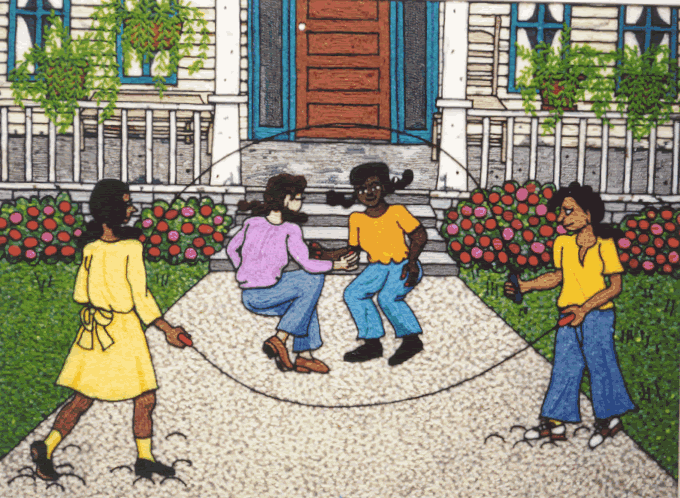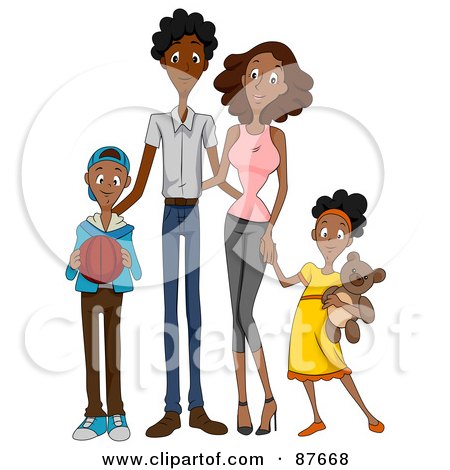Learning about international early childhood field has been an enlightening and rewarding experience. Although I was unsuccessful with talking with an international early professional, I was able to gain great insights from international websites. One of the things I learned about early childhood is that, there is still a struggle for children and families all over the world to gain access to high quality learning. In reviewing websites like UNICEF and UNESCO it affirmed that children globally are affected by poverty and lack resources to quality education. Although there continues to be gaps and disparity in early childhood care all over the world, many countries have designed organizations and programs for under privilege children and their families. I have gained an enormous amount of knowledge about families who face these difficulties. As a professional I can better identify with these issues when dealing with children and their families.
It was a pleasure knowing all of my colleagues each of them inspired me in their own way. I enjoyed reading their discussions, blogs, and their ideas and insights weekly. I hope that my colleagues continue to pursue their careers remembering what they learned through this journey. It is my wish that each of my colleagues remember to take a look back and reflect about early childhood globally so that they can always continue to help children and their families.


